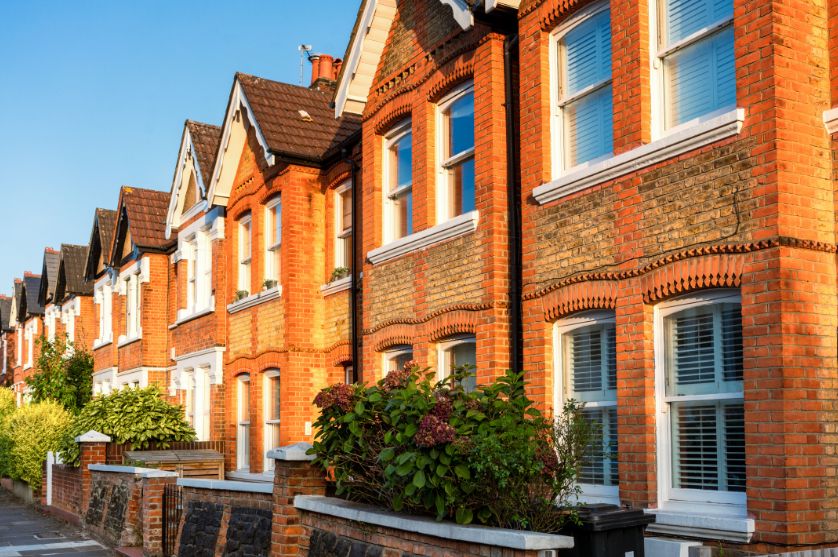The short answer: it depends.
Both spouses will need to provide full details about their assets and income, with documentation in support e.g. bank statements, pay slips, property valuation, mortgage statements. This is so that the court can understand the value and extent of the parties’ assets and income.
Once the financial picture is clear, the court then looks to the spouses’ respective needs, and this includes housing needs. Each party will need to set out what house he or she requires after the divorce.
By way of example, if one spouse requires a 3-bedroom house, and the marital home is a 3-bedroom house, the court is likely to allow one spouse to retain the family home provided that spouse could meet any mortgage payments and there are sufficient other assets to meet the other spouse’s housing needs. This would also provide any children with a familiar environment and some consistency. It could be that there is a second property, or savings and investments, that could be transferred to the other spouse instead of them retaining an interest in the family home.
However, if the marital home is the only asset of any real value, it is likely that the house would have to be sold so that the equity can be divided between the parties and each party can then use their share as a deposit for a new property.
There are some limited circumstances in which the sale of the family home can be delayed until the youngest child who lives there is 18 but the court is becoming increasingly reluctant to adopt this approach as it does not provide the parties with a clean break financial settlement and can store up problems in the future when the house is sold.
It is important that you obtain specialist advice about your situation so that you can understand your options in relation to the family home.


